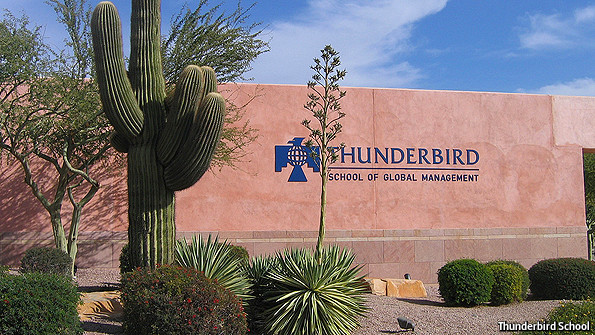
For-profit colleges are facing the prospect of tighter federal regulations that would, among other things, require them to provide accurate information to the public and prohibit misleading advertisements. Are these schools - and the students they serve - getting a fair shake?
Schools like Kaplan and the University of Phoenix have come under fire for aggressively targeting low-income students and failing to provide them with the skills to find a job.
Supporters have said these schools can play a positive role in higher education by providing training to working adult students who don't have the time or can’t afford to enroll in four-year degree programs.
The Chronicle of Higher Education reports lobbyists in Washington are fighting back with their own figures.
The Association of Private Sector Colleges and Universities has released an analysis that says for-profit colleges have a direct impact about $20-billion on the United States economy.
The analysis was released as some 200 officials of for-profit colleges, students, and employers of the colleges’ graduates are gathering here for a three-day lobbying push on Capitol Hill against tighter regulation. The analysis, prepared by John Dunham and Associates, also includes localized reports that show the economic impact of the colleges, state by state.
As the for-profit sector has expanded, public criticism has mounted. Today, at least 22 state attorneys general are endorsing new regulations that would require all for-profit schools to address unfair lending practices. Last month, Massachusetts Attorney General Martha Coakley took testimony on new rules that would strengthen oversitight of these colleges that don't have tax-exempt status and, unlike their non-profit counterparts, rely on tuition and stock market investors.
What do you think? Are for-profit colleges helping or hurting the economy? Do these colleges provide students with the skills they need to find gainful employment?










